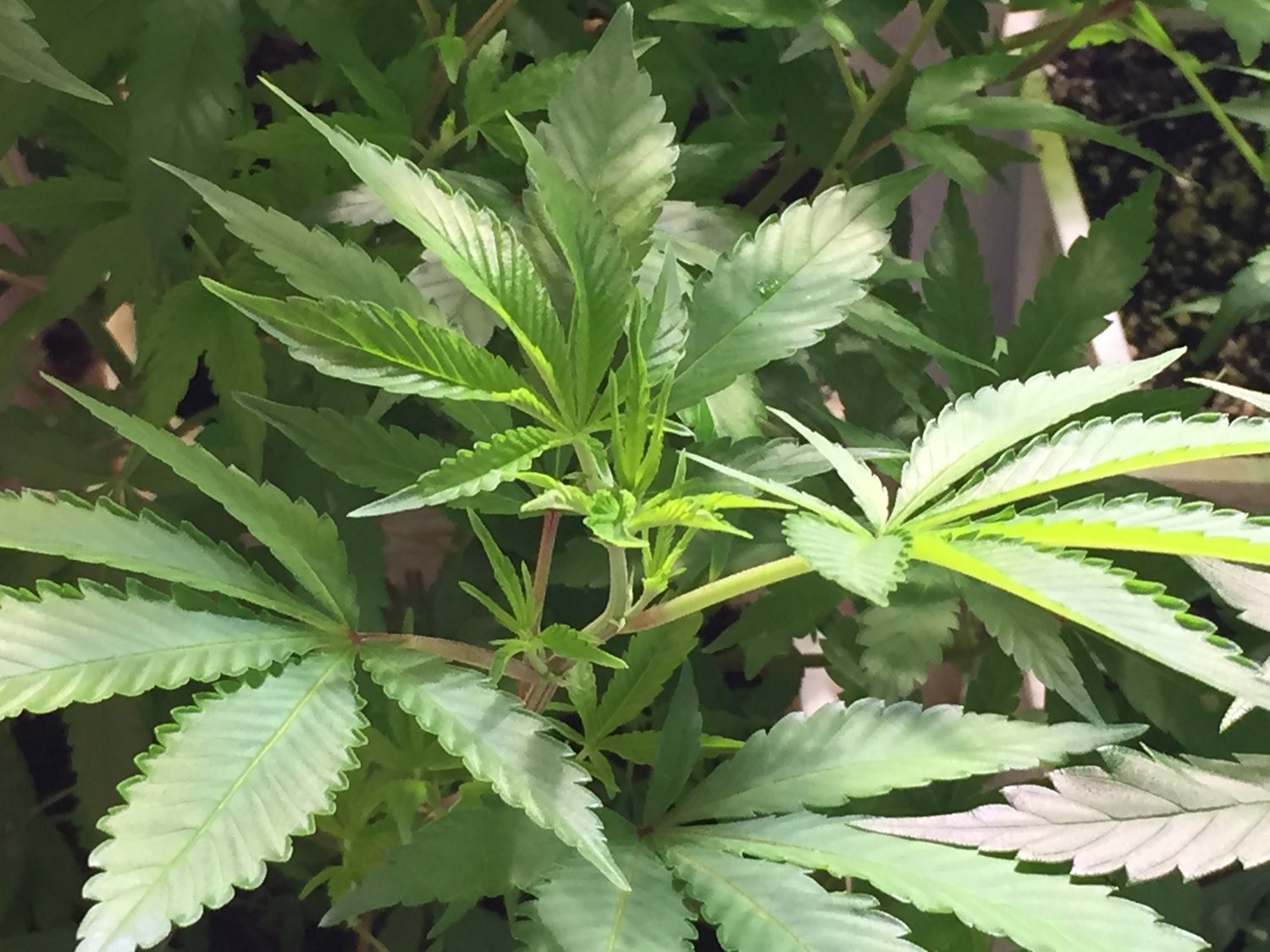New town law will limit pot dispensaries
In Oyster Bay, dispensaries will be subject to strict zoning
Legislation signed by Gov. Andrew Cuomo on March 31 allows adults to use and purchase marijuana legally in New York, which joins 15 other states and Washington, D.C., in legalizing cannabis. But where will people on the North Shore buy it?
The Town of Oyster Bay passed a new zoning law one day before the signing that will make it difficult to open a dispensary. The measure, which was approved unanimously by the Town Board, will restrict the sale of marijuana to areas zoned for light industry, and the businesses must be at least 1,000 feet from a school, playground, park or house of worship. The same limitations apply to vaping shops and hookah lounges, although the new law will not affect existing businesses.
The board held a special hearing on March 30 in response to “an outcry by the public,” Town Supervisor Joseph Saladino said. “This is an issue that can impact the quality of life of our residents, and we want to protect especially school-age children and families,” he said. “Our legislation is similar in nature to other municipalities, and will hold up against a constitutional challenge.”
The mayors of the villages of Atlantic Beach, Freeport, Island Park and Rockville Centre announced immediately after the law was passed that they would not allow dispensaries or marijuana sales.
Smoke Wallin, the CEO of Vertical Wellness, a California non-psychoactive cannabinoid branding company, said that California had the same issue with municipalities when marijuana was legalized there in 2016. “It’s similar to banning bars and liquor stores in an area,” he said. “In the first couple of years, more than two-thirds of cities and counties didn’t want it.”
But there is a massive demand for marijuana, and it is a big business, Wallin added. Dispensaries would be beneficial for a number of reasons. People would buy pot legally, and jobs would be created.
“The first wave of jobs will be construction jobs for people to start up a business, then places to grow it will be needed — greenhouses or indoor structures,” he said. “Those types of buildings aren’t cheap. Then people will need to rent the space as they build their business from scratch.”
Social worker Barbara Rakusin, executive director of the Youth and Family Counseling Agency of Oyster Bay-East Norwich, said that 75 percent of clients in the center’s outpatient substance-abuse program struggle with marijuana addiction. But Rakusin doesn’t believe the new law would increase her clientele because “those who will become addicted will become addicted,” she said.
“I think there are positives and negatives to the law,” Rakusin said. “Anything that adds more ways for folks to be impaired is a problem. But my hope is there will be regulation of the product and less contamination.”
Dr. Jeffrey Reynolds, president and CEO of the Family and Children’s Association, said he would support the zoning law. He noted the results of a 2019 study by Justice Quarterly, the journal of the Academy of Criminal Justice Sciences, that found that areas with dispensaries in Denver, where marijuana is legal, had higher crime rates.
An inquiry by the John Jay College of Criminal Justice in 2019 found that a Denver neighborhood near a dispensary saw an 18 percent increase in property crimes, Reynolds said. And an investigation by the Los Angeles Police Department in 2018 and 2019 revealed a 10 percent increase in crime in areas with dispensaries.
“Neither Denver nor Los Angeles are anything like the Town of Oyster Bay,” Reynolds said, “but the data is clear.”
He worries about young people, he said. “We know that kids who vape are four to five times more times likely to use marijuana,” he said. “I have no doubt that commercial vape and head shops are going to have a huge push to sell marijuana paraphernalia to our young people. We already see kids who are vaping pot in our schools because it has no scent.”
Reynolds said that edibles — food and beverages infused with marijuana — which can be sold legally now as well, are even more dangerous to youth. In Denver, he said, there was a 500 percent increase in pediatric hospital admissions of children who had eaten their parents’ edibles, many of which look like candy.
“In Denver we saw dispensaries marketing to minors offering THC candy bars and root beer infused with THC” — the psychoactive chemical in cannabis, he said. “So far, everything we know about legalization is that there are folks who are looking to make as much money as possible, and very often at the expense of our kids.”
Proponents of legalization argue that tax revenue from the sale of marijuana will benefit state and local governments. Saladino said the town has no expectation that it will see any such revenue. “We’re still waiting, after two years, for Nassau County to deliver revenue that is the Town of Oyster Bay’s portion,” he said, referring to other sales tax revenue the town is owed. “This is about safety, especially for the children in our community.”
Rakusin said that what is most important is education. Youth and Family Counseling offers a 16-week program that focuses on the effects of drugs on the body. “We know that education is the main component of how people make decisions,” she said. “Our biggest concern is people who are underage using [marijuana]. Laws have not stopped kids from getting alcohol. We don’t want young brains to be exposed to chemicals.”






